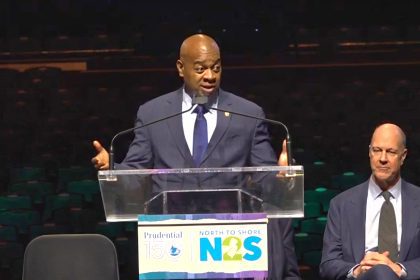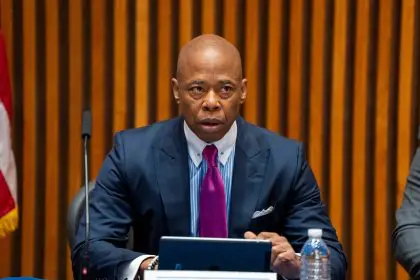In a significant development for civil rights and police accountability, the city of Seattle has agreed to pay $319,000 to Anthony Sims, a Black pizza delivery driver, following a traumatic encounter with police that occurred in May 2020. This incident has raised important questions about racial profiling and the treatment of Black individuals by law enforcement.
The incident: A night of fear
On May 17, 2020, Sims was delivering pizza to a 7-Eleven in downtown Seattle when he noticed a police cruiser trailing him. After parking his vehicle, he was confronted by acting Lieutenant Robert Brown, who activated his police lights and exited the vehicle with his weapon drawn. Sims was ordered to return to his car, but before he could comprehend the situation, multiple officers surrounded him with guns drawn.
According to the lawsuit filed by Sims, he was commanded to walk backward with his hands raised, exposing his coat to demonstrate he was unarmed. The officers claimed that Sims’ license plate was linked to a stolen vehicle, prompting their aggressive response. However, Sims insisted that the car was his, and after a few tense minutes, the officers confirmed that his license plate was clear, indicating no wrongdoing.
Unconstitutional actions and legal battle
Despite being cleared, the situation escalated when officers searched Sims’ vehicle without his consent, taking his keys and opening the trunk. This action led Sims to file a lawsuit against the Seattle Police Department, alleging that the officers’ conduct was unconstitutional and constituted excessive force.
In a landmark ruling, a trial judge found that Sims’ Fourth Amendment rights, which protect against illegal search and seizure, had been violated. The judge also noted evidence suggesting that the traffic stop was racially motivated, a critical factor in the ongoing discourse about systemic racism in policing.
Qualified immunity and the appeal
In response to the lawsuit, the officers attempted to invoke qualified immunity, a legal doctrine that shields government officials from liability in certain situations. However, a unanimous decision by a three-judge appeals panel upheld the trial judge’s ruling, denying the officers this protection. This decision marked a significant victory for Sims and advocates for police reform.
The settlement: A step toward justice
Ultimately, the city of Seattle opted to settle the case, agreeing to pay Sims $319,000. Importantly, the settlement does not imply that the officers acted justifiably during the incident. This outcome highlights the ongoing need for accountability within police departments and the importance of addressing racial bias in law enforcement practices.
Broader implications for the community
This case is not just about one individual; it reflects a broader pattern of racial profiling and excessive force that disproportionately affects Black communities across the United States. The incident involving Anthony Sims serves as a reminder of the urgent need for systemic change within law enforcement agencies.
As communities continue to demand justice and accountability, this settlement could pave the way for further discussions about police reform and the protection of civil rights. It is crucial for cities to acknowledge the impact of their police practices on marginalized communities and to take meaningful steps toward creating a more equitable society.
A call for continued advocacy
The settlement reached in Sims’ case is a significant step forward, but it is essential to recognize that the fight for justice is far from over. Advocates for civil rights must continue to push for reforms that address the root causes of racial profiling and police violence. Only through sustained advocacy and community engagement can we hope to achieve a future where all individuals are treated with dignity and respect, regardless of their race.

















